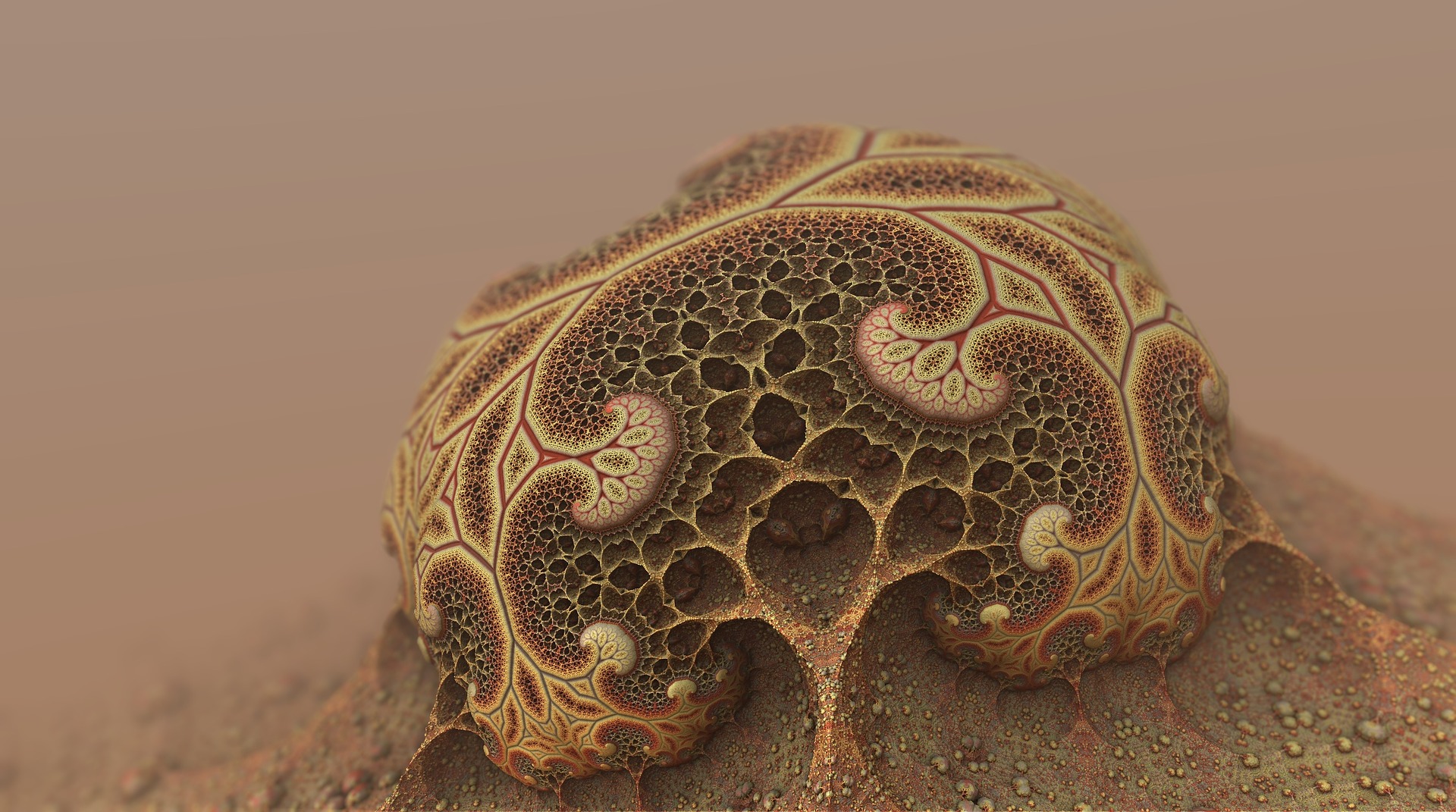Views expressed in opinion columns are the authors’ own.
Past the gates and the guardhouse, past the wind tunnel and the engineering field, in the vast gulf between Looney’s Pub and the Bents-Cornerstone-Turf corner of questionable choices and more questionable IDs, there is a traffic circle surrounding a grassy knoll. In the center of that knoll, there is a letter: an “M,” bold and angular and (at least in the spring and summer) alive, growing, filled to the edges with bright, cheery flowers. This beloved M circle is an icon of the University of Maryland, so I’ve always assumed the M stands for Maryland. But an email many students received on Friday from this university’s Departments of Residence Life and Residential Facilities left me wondering if it might stand for something different: mold.
Mold! There’s mold in South Campus Commons and in Bel Air Hall. There’s so much mold in Elkton Hall that students in that building are being temporarily relocated to hotels so that every room can be cleaned. If anything sums up the state of this university, the country, even the world in 2018, it’s mold. Everywhere we look, on every institution and authority figure, there’s gross, unethical mold.
No surface is untouched. At this university, the athletic department seems to have let a player die through neglect. Last year, 2nd Lt. Richard Collins was killed on this campus, apparently for his skin color. There are hate bias incidents all the time. The interim chief diversity officer, who was on his own search committee, stepped down after a year and issued a reflection decrying the lack of funding for his office. This university, Hollywood, classical music, the Catholic Church, the Supreme Court, stand-up comedy and academia are full of sexual predators. Police officers kill people in their own residences and justify doing so with racialized smears. For a few weeks over the summer, we were putting children in cages, although that doesn’t seem so bad compared to the Saudis, who killed 40 kids by dropping a bomb on a school bus in Yemen. (The bomb was built by Lockheed Martin, a “strategic partner” of this university.)
Like mold, this kind of moral rot is sickening. It makes you feel sick, sure, but casual, everyday evil also gradually destroys our moral senses. We make our peace with participating in or enabling serious wrongs, believing that if we are merely aware of a problem, that’s enough. Or we conclude that believing in anything just leads to betrayal. This generalized distrust makes it easier for us to make bad decisions ourselves, which dulls our sensitivity further, keeping the mold growing. As Slavoj Žižek writes, “Cynical distance is just one way — one of many ways — to blind ourselves to the structuring power of ideological fantasy: even if we do not take things seriously, even if we keep an ironical distance, we are still doing them.”
The effects of this sickness are now clear. Drug deaths, suicide and alcohol abuse are on the rise. A huge portion of young people say they are lonely. Women who want children can’t have them thanks to a lack of social/economic support. Let’s not even mention the mass shootings.
But there is reason to hope. Things can be changed; it’s just going to take drastic action. The Department of Resident Life is placing the residents of an entire dorm in hotels and cleaning every room. I don’t know what the equivalent is for moral mold. There should be resignations for sure. Some people will have to go to jail; many more will have to be let out. But hand-in-hand with these things must be a serious effort to rebuild our institutions in line with the moral order. Labor unions, churches/mosques/synagogues/etc. and even political organizations like the Democratic Socialists of America should be promoted to the extent that they unite people behind moral goods. We are living in a world of mold. A better world is possible. But like Resident Life, we need to do some remediation.
John-Paul Teti is a senior computer science major. He can be reached at jp@jpteti.com.



